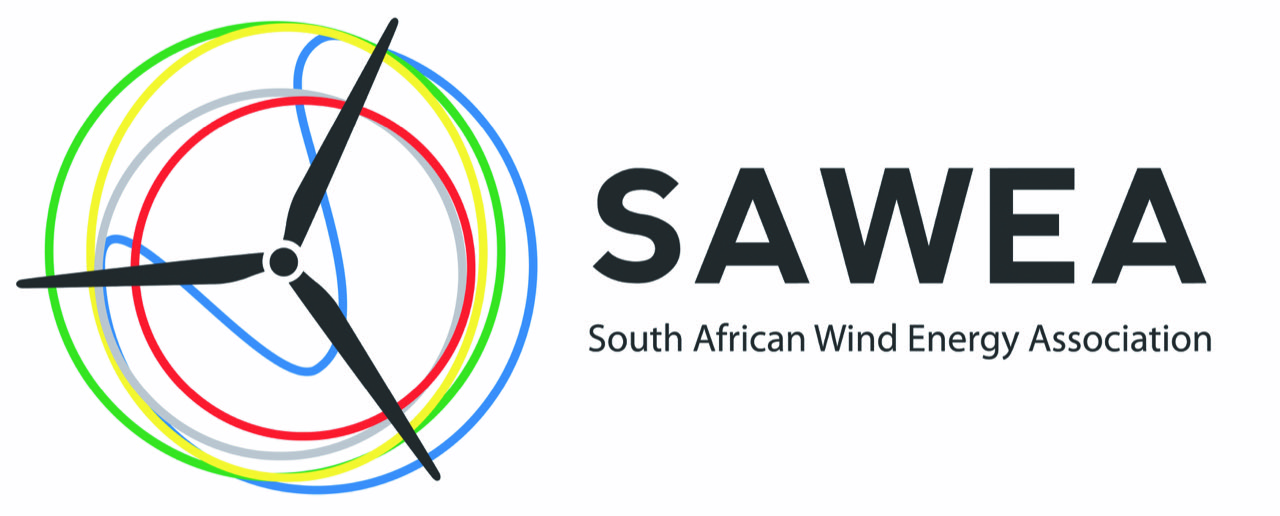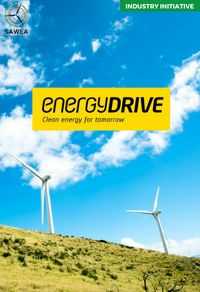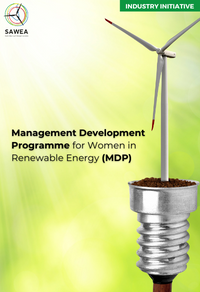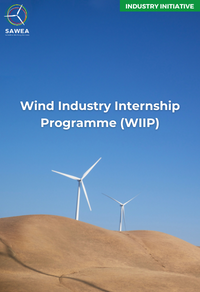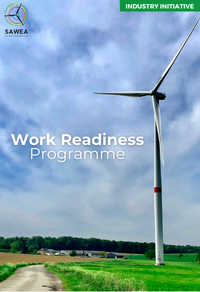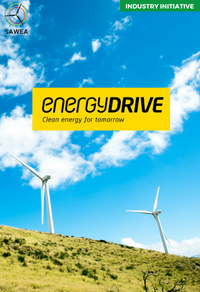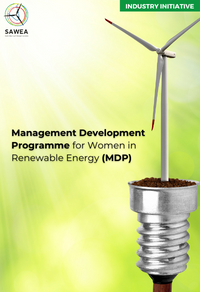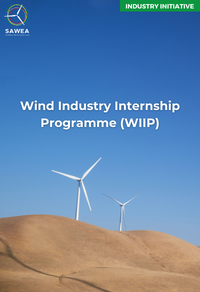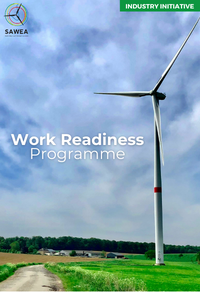The Renewable Energy Independent Power Producer Procurement Program (REIPPPP) in South Africa is a ground-breaking initiative aimed at accelerating the country's transition to a more sustainable energy future. Launched in 2011, the program seeks to attract private investment in renewable energy projects while diversifying the energy mix and reducing carbon emissions. The REIPPPP is a part of South Africa's broader efforts to address electricity supply constraints, promote economic development, and contribute to global climate goals.
The REIPPPP operates by inviting private companies, referred to as Independent Power Producers (IPPs), to bid for the development of renewable energy projects. These projects include wind, solar, biomass, and small hydroelectric power plants. Through a competitive bidding process, the South African government awards contracts to selected IPPs, granting them the right to develop, finance, build, operate, and maintain the renewable energy facilities. These contracts typically span 20 to 30 years.
The program's success lies in its transparent and competitive nature, which has attracted significant private sector investment into the renewable energy sector in South Africa. It has also resulted in a substantial increase in renewable energy capacity, contributing to the country's energy security and reducing its reliance on fossil fuels.
The REIPPPP consists of multiple bidding rounds, each representing a phase of project development and expansion. These rounds have progressively increased the allocated capacity for renewable energy projects, allowing the program to grow and diversify. Some of the key rounds awarded include:
- Round 1
Round 1 (2011): The inaugural round saw the allocation of projects totaling 1,415 MW, including wind and solar power installations.
- Round 2
Round 2 (2012): This round added another 1,043 MW of capacity from a variety of renewable sources.
- Round 3
Round 3 (2013): The third round added 787 MW of renewable energy capacity, with a mix of wind, solar, and small hydro projects.
- Round 4a
Round 4 (2015): Continuing the trend, this round awarded contracts for an additional 1,084 MW of renewable energy capacity.
Round 4 (2015) Expedited Bid Window: In response to electricity supply challenges, an expedited bid window was introduced within Round 4, allocating an extra 551 MW of capacity.
- Round 4b
Round 4 (2015) Small Projects: This phase was aimed at encouraging smaller-scale projects and awarded contracts for 77 MW of capacity.
Round 4 (2015) Biomass: Focusing on biomass projects, this component added 25 MW of renewable energy capacity.
- Round 5
Round 5 (2018): The fifth round focused on diverse technologies and awarded contracts for 1,800 MW of capacity, including wind, solar, and storage projects.
